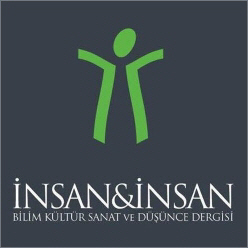Muhsin Halis / Ayhan Hira / Ahmet Faruk Göksün
Abstract: Religion generally encompasses a set of shared beliefs and practices held by a group of people, as well as cultural traditions, history and mythology. Early economic writings treated religion as an exogenous factor. Later, various theories were put forward to explain the links between religion and development. The rational choice approach sees the flexibility of religion as a rational economic response to changes in the political and economic environment in which religions operate. In addition, approaches that include belief in family, social networks and other elements also determine the relationship between religion and the economy. Previous research on the determinants of economic growth has generally neglected the impact of religion. To fill this gap, it is noteworthy to examine the impact of religious practices and beliefs on economic growth from the perspective of religion on economic activity. The aim of this article is to shed light on the relationship between the state, religion and the economy based on the literature.
Keywords: Capitalism, Religion and economy, Religion and economy development, Islam and eco-nomy, Christianity and economy
Muhsin Halis / Ayhan Hira / Ahmet Faruk Göksün
DOI: 10.29224/insanveinsan.1363864
Year 11, Issue 37, Winter 2024

Tam metin / Full text
(Turkish)

This work is licensed under a Creative Commons Attribution-NonCommercial 4.0 International License.
